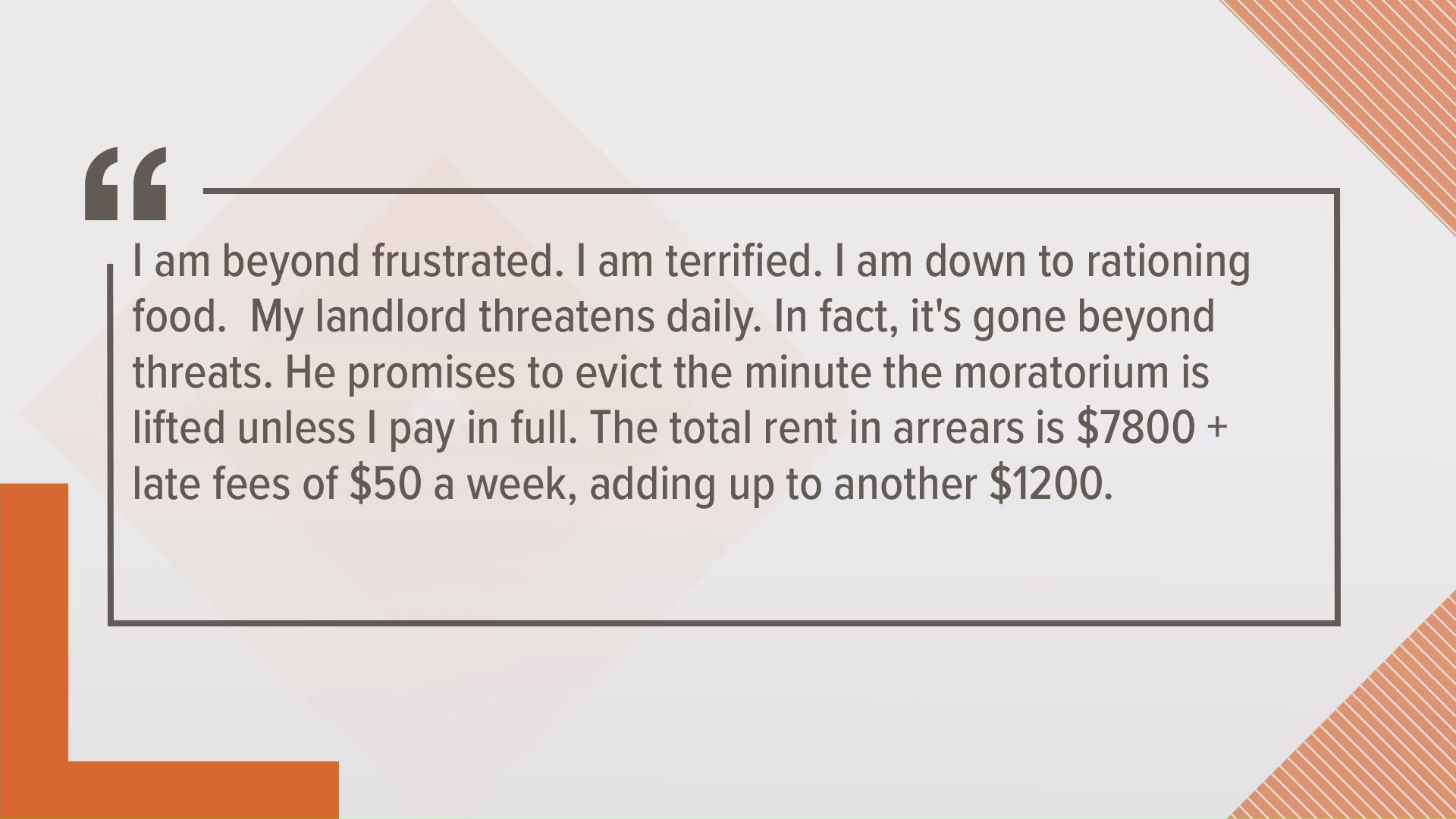More rental assistance is on the way for Washingtonians in need during the coronavirus pandemic.
The Washington State Department of Commerce is doling out nearly $100 million in Coronavirus Aid, Relief and Economic Security (CARES) Act funding to existing nonprofit organizations. The program focuses on preventing evictions by paying up to three months rent to landlords for eligible participants.
Gov. Jay Inslee’s office is provided the funding, which passes the funds through to the Department of Commerce, which then passes the funds primarily through county governments. The county then contracts with organizations that likely have a history of providing rent assistance, said Ted Kelleher, with the Department of Commerce.
"I get calls, at least one an hour, from a person who is in a critical situation," Kelleher said. "Everyone is working as fast as they can, faster than it's ever happened before. There is the eviction moratorium through October, so there is a little bit of space there, but it's not to undersell the fact that people really need their rent assistance right away."
The Department of Commerce has listed the county programs in place since the state announced the release of the money in early August. King County is launching a lottery system beginning in mid-September. Other counties may have relinquished funding through nonprofit organizations. Still, nearly half of the counties are listed as having no rental assistance available at this time, and a few counties are offering other rent assistance outside of the new program.
Nonetheless, Kelleher said the $100 million in CARES Act funding will not be enough, but it is a good start.
"It's unlikely to be enough in most of the scenarios we run through," Kelleher said. "There just isn't enough money to deal with rental assistance and all the other needs that state and local governments are facing. It's really going to take significant federal assistance to fully fill this gap. So, $100 million is an important start, and it'll help set up the system to be able to accept additional assistance when it becomes available."
MORE: Your Money, Your Future

